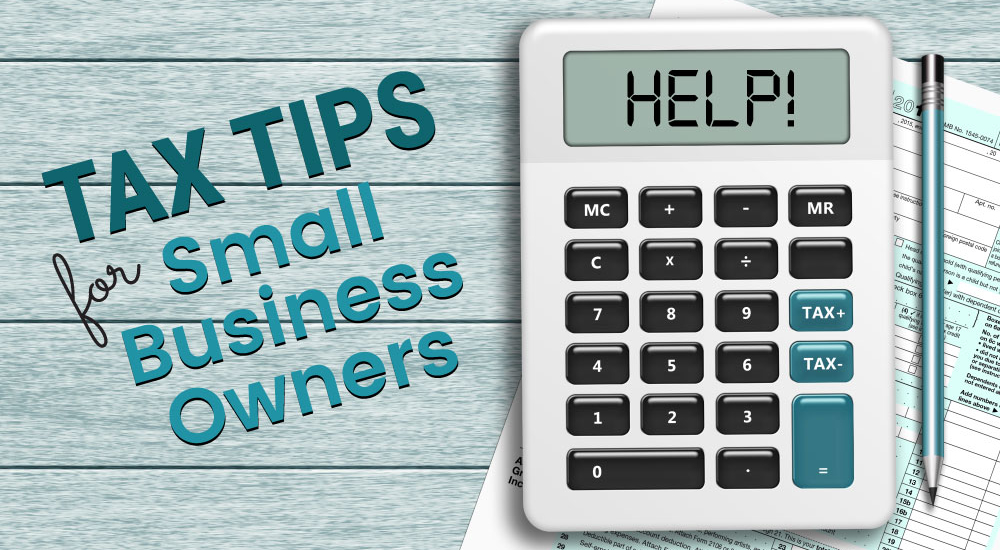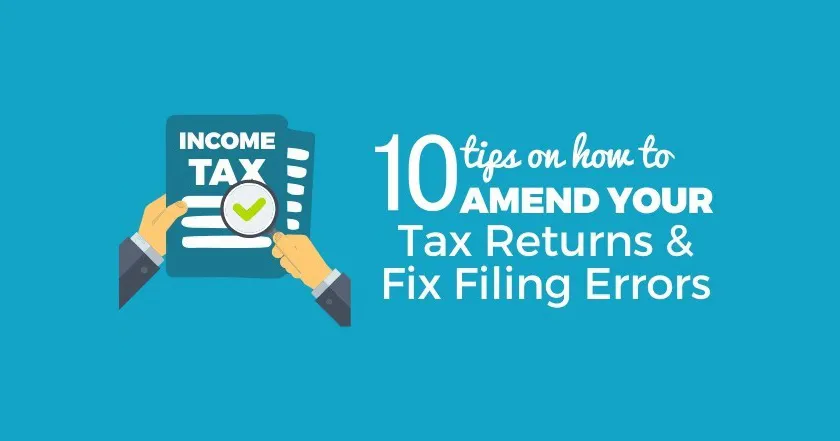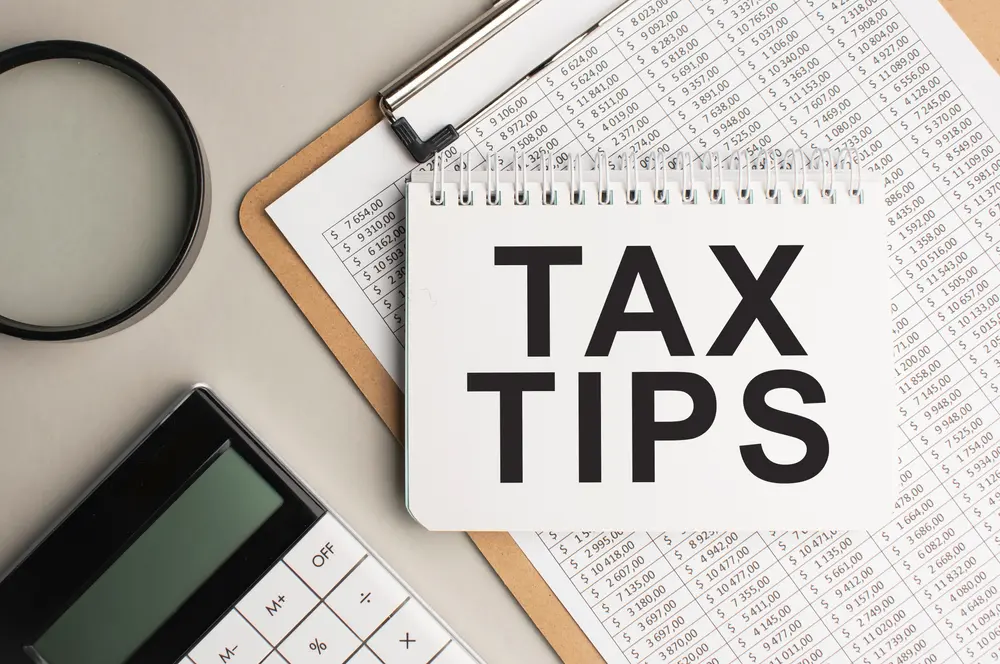Managing taxes is a critical aspect of running a small business. Properly handling your tax
obligations not only keeps your business compliant with regulations, but it can also
strengthen financial health by maximizing deductions and avoiding penalties. This guide
explains why tax management matters, outlines the process, highlights ten do’s and don’ts,
and provides practical tips for simplifying the process with the help of Tax Ace.
Why Managing Small Business Taxes Matters
- Financial Compliance: Accurate tax filing helps you avoid audits, penalties, and legal issues.
- Stronger Financial Position: Smart tax management reduces liabilities and frees up capital for growth.
- Regulatory Good Standing: Staying current with local, state, and federal tax laws keeps your business in compliance and avoids disruptions.
How to Manage Small Business Taxes
Step 1: Understand Your Tax Obligations
Determine which taxes apply to your business—income tax, payroll tax, sales tax, self-employment tax, or excise taxes depending on your industry and location.
Step 2: Maintain Clean Financial Records
Track all income, expenses, and deductions throughout the year. Use accounting software or bookkeeping services to stay organized and avoid missing deductions.
Step 3: Choose the Right Business Structure
Your entity type (sole proprietorship, partnership, LLC, or corporation) influences your tax rate, filing responsibilities, and personal liability.
Step 4: Estimate and Pay Quarterly Taxes
If your business expects to owe more than $1,000 in taxes, the IRS requires quarterly estimated tax payments. Budgeting for these in advance helps manage cash flow.
Step 5: File and Pay on Time
Use electronic systems to submit federal and state tax returns and payments accurately. Late filings can trigger fines and interest charges.
Top 10 Do’s and Don’ts for Small Business Taxes
Do:
- Do use professional services like Tax Ace for compliant and optimized tax filing.
- Do track income and expenses year-round for smooth filing and accurate deductions.
- Do understand your eligible tax deductions (e.g., home office, mileage, equipment).
- Do file on time to avoid IRS penalties and fees.
- Do stay up to date on tax law changes that could affect your business.
Don’t:
- Don’t mix business and personal finances—this complicates deductions and audits.
- Don’t ignore contractor reporting requirements (e.g., sending Form 1099-NEC).
- Don’t delay planning for quarterly tax payments—it can lead to cash flow problems.
- Don’t attempt complex filings alone if you’re unfamiliar with tax law.
- Don’t underestimate the benefits of professional tax support to save time and money.
Simplify Tax Filing with Tax Ace
- Expert Guidance: Tax Ace helps tailor tax strategies to your business type and goals.
- Modern Tools: Integrated accounting platforms ensure your books and taxes stay aligned.
- Proactive Planning: Regular check-ins help you adapt to rule changes and avoid surprises.
- More Time for Growth: Let Tax Ace handle your tax preparation and filings so you can focus on running your business.
Key Takeaways
- Careful management of small business taxes helps avoid compliance issues.
- Accurate record-keeping is essential for smooth tax filing.
- A strategic tax approach can improve profitability and support growth.
- Expert assistance, such as from Tax Ace, can simplify the tax process.
- Effective tax management turns tax season into an opportunity to strengthen your business’s finances.
Frequently Asked Questions
What taxes do small businesses typically pay?
Most small businesses pay income tax, self-employment tax, payroll tax (if they have employees), and sales tax depending on state rules.
How do I know if I need to pay quarterly estimated taxes?
If you expect to owe at least $1,000 in federal taxes, you’re likely required to make quarterly payments. Your tax advisor can help you calculate these.
Can I handle small business taxes on my own?
While simple filings may be manageable, hiring a professional like Tax Ace can reduce risk, uncover deductions, and save you time.
What happens if I miss a filing deadline?
You may face late fees, interest charges, or penalties. It’s critical to stay ahead of deadlines and seek help if you’re behind.
Is tax software enough for small businesses?
Software can help, but it lacks the strategy, review, and planning expertise that a tax professional provides.





